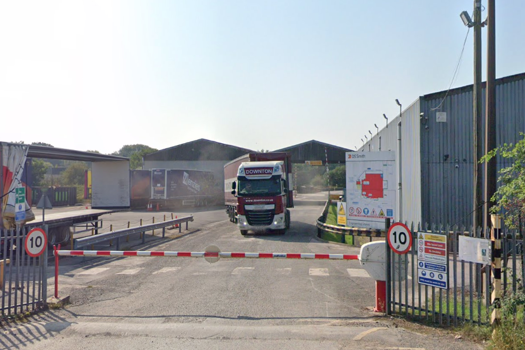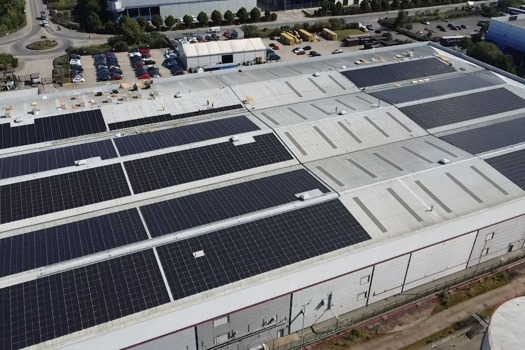Mussel shells and naturally selected micro-organisms are used in the process to prevent odours and solvent emissions from polluting the air.
Bord na Mna UKs commercial manager Bob Maloney said the process was called Enhanced Biofiltration (Ebf), and branded the product as Monashell.
Bpi industrial managing director Steve Moss said the firm had investigated a number of options for bio-filtration, but found Monashell to be the most suited to its site.
The Ardeer-based plant, which is ISO 14001 certified, has five flexographic printers running up to eight-colours in a 24/7 operation.
The sea shells are stacked in a tank with a perforated base, which allows air from the printing presses to be passed up between the shells. They are then treated with a starter culture of naturally occurring bacteria.
A nozzle sprays water onto the shells to create an atmosphere for the bacteria to grow, with the water being collected and recirculated through a biofilter.
The VOC compounds are then dissolved into the water and destroyed by the bacteria on the shells.
Monashell was installed at bpi industrial over a period from January to October 2002, and since installation no deterioration has been noticed in the organisms.
Story by Andy Scott
Have your say in the Printweek Poll
Related stories
Latest comments
"Gosh! That’s a huge debt - especially HMRC! It’s a shock that HMRC allowed such an amount to be accumulated."
"Whatever happened to the good old fashioned cash job! At least the banks didn't take 2-3% of each sale. After 30 odd transactions that £100 quid you had has gone."
"It's amazing what can be found on the "web" nowadays!"
Up next...

Replacement 'will be operational later this year'
Walstead makes decision on Bicester 64pp

'Ridiculous decision'
Unite “prepared to fight” on proposed DS Smith site closure

Also helps mitigate volatile energy prices



